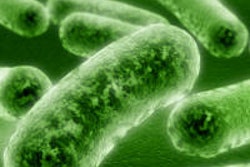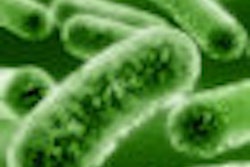A team of Japanese researchers has demonstrated that the bacterium Streptococcus salivarius, a nonbiofilm-forming and otherwise harmless inhabitant of the oral cavity, actually inhibits the formation of dental biofilms (Applied and Environmental Microbiology, March 1, 2011, Vol. 77:5, pp. 1572-1580).
Two enzymes this bacteria produce are responsible for this inhibition, and one of them -- FruA -- may be useful for preventing dental caries, according to corresponding author Hidenobu Senpuku of the National Institute of Infectious Diseases in Tokyo.
The activity of the inhibitors was elevated in the presence of sucrose, and the inhibitory effects were dependent on the sucrose concentration in the biofilm formation assay medium, the researchers noted.
"We show that FruA produced by S. salivarius inhibited S. mutans biofilm formation completely in the in vitro assay supplemented with sucrose," the researchers wrote. S. salivarius is the primary species of bacteria inhabiting the mouth, they noted.
FruA may actually regulate microbial pathogenicity in the oral cavity, the authors further suggested. They found that a commercial FruA, produced by Aspergillus niger, was as effective as S. salivarius FruA at inhibiting S. mutans biofilm formation, despite the fact that its amino acid composition is somewhat different from that of S. salivarius.



















